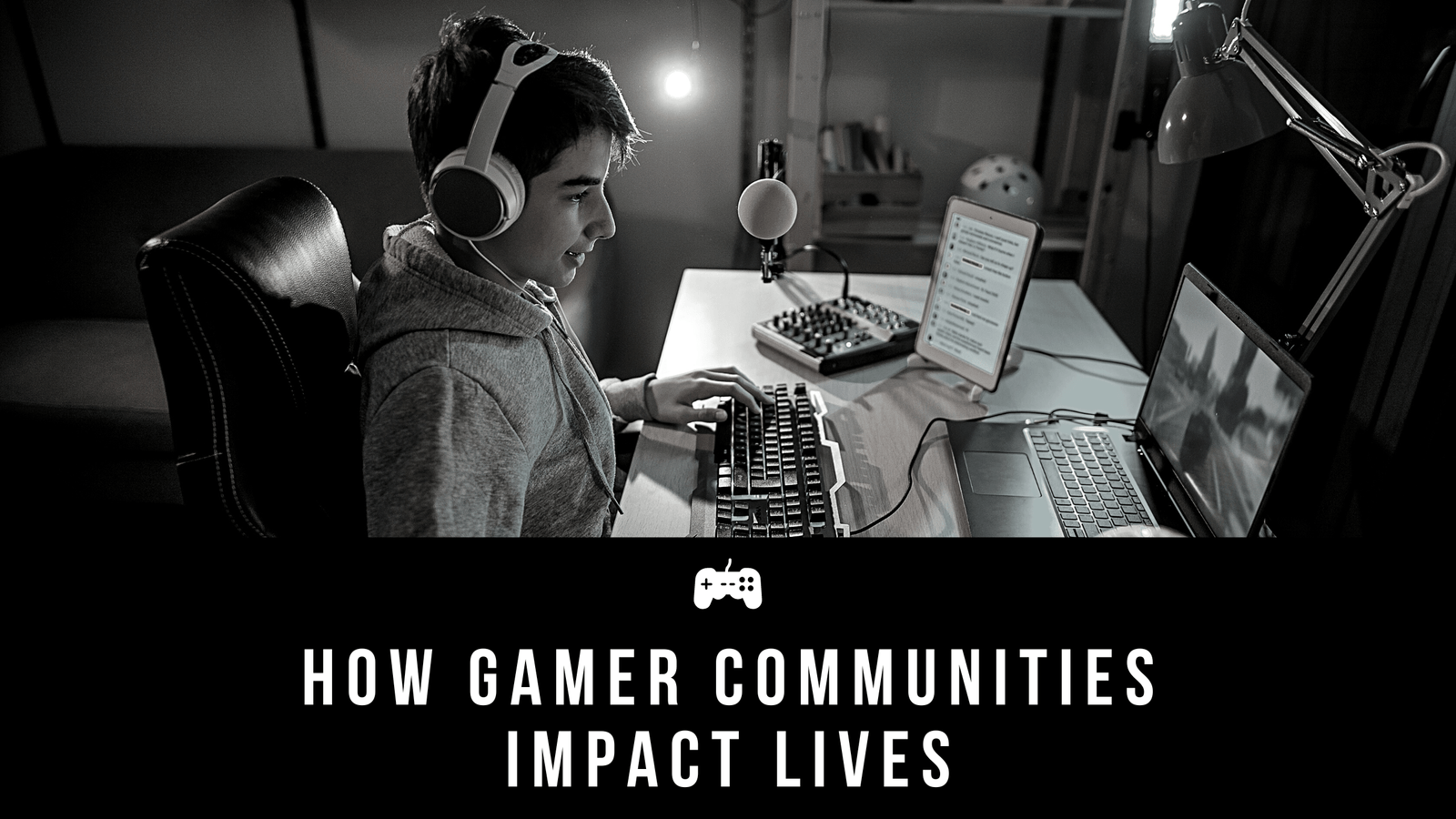Entering the gaming industry can be both an exciting and challenging pursuit. With a vast array of job opportunities, from game design and programming to marketing and game testing, there is something for everyone passionate about video games. In this article, we will delve into the steps one can take to break into the gaming industry and establish a fruitful and long-lasting career. The following sections provide tips and advice on the necessary skills, networking, building a portfolio, and more.
Table of Contents
- Necessary Skills and Education
- Networking in the Gaming Industry
- Building a Strong Portfolio
- Gaining Experience: Internships and Independent Projects
- Applying for Jobs in the Gaming Industry
- Ensuring Longevity and Success in the Industry
Necessary Skills and Education
The gaming industry demands a variety of skills depending on the area you wish to focus on:
Game Design
Game designers are responsible for the overall concept and mechanics of a game. They must possess the following attributes:
- Creativity: Ability to come up with original ideas and concepts.
- Technical skills: Proficiency in various game design software (e.g., Unreal Engine, Unity).
- Adaptability: Willingness to learn and evolve with the ever-changing world of gaming.
Programming
Game programmers are responsible for writing the code that makes a game function. They must have experience with one or more programming languages like C++, C#, or Java. A strong foundation in computer science and mathematics is also recommended.
Art and Animation
Game artists create visuals for a game, while animators bring these visuals to life. Skills required for these roles include:
- Artistic talent: Mastery of drawing, digital painting, and 3D modeling.
- Technical skills: Knowledge of various software tools (e.g., Adobe Creative Suite, Maya).
- Team collaboration: Cooperation with designers and programmers to ensure smooth implementation of assets.
Education
While some roles may not require a formal education, having a degree in a relevant field can improve your chances of securing a job. Courses related to computer science, game design, art, animation, or programming can be beneficial.
Networking in the Gaming Industry
Building connections in any industry is essential, and the gaming industry is no exception. Actively networking can lead to valuable job opportunities and mentors who can help guide and advise you as you progress in your career.
Industry Events
Attending industry events, such as conferences and gaming conventions, is a great way to meet professionals within the gaming industry. These gatherings can help you learn more about the industry, stay updated on the latest trends and technologies, and make valuable connections.
Online Communities
Joining online forums, social media groups, and professional networks can help expand your connections within the gaming industry. Participating in discussions and sharing your knowledge can demonstrate your passion and help establish your professional reputation.
Building a Strong Portfolio
Irrespective of the role you’re targeting, having a well-curated portfolio is crucial. A portfolio showcases your work, skills, and experience to potential employers or clients.
For Game Designers
Create a detailed document that showcases your game designs. Include game mechanics, level designs, and system designs. Visual assets such as concept art, character sketches, and level mockups can also improve your portfolio.
For Programmers
Highlight your coding skills by featuring a variety of game-related projects that demonstrate your proficiency in various programming languages. Including code snippets and examples of problem-solving in your portfolio can help employers understand your prowess as a programmer.
For Artists and Animators
Display your best artwork, whether it is concept art, character sketches, 3D models, or animations. It’s essential to showcase a range of styles and techniques in your portfolio to demonstrate your versatility as an artist or animator.
Gaining Experience: Internships and Independent Projects
Experience is a valuable asset when trying to break into the gaming industry. Here are a few approaches to gain the necessary experience:
Internships
Interning with a gaming studio or related company can provide valuable hands-on experience and boost your resume. Many internships can lead to permanent positions within the company upon successful completion.
Independent Projects
Working on personal projects, such as developing your own games or contributing to open-source projects, demonstrates motivation and initiative. These projects can be included in your portfolio to showcase your abilities and dedication.
Jamming Sessions and Contests
Participating in game development contests or jam sessions can provide opportunities for collaboration and networking. The projects developed during these events can also be included in your portfolio.
Applying for Jobs in the Gaming Industry
After developing the necessary skills and experience, it’s time to apply for jobs in the gaming industry. Here are a few tips to help you during the job search:
- Research potential employers and identify studios that create games or products that align with your interests and goals.
- Customize your resume and cover letter to each job application, highlighting the skills and experience that best match the job requirements.
- Prepare for interviews by researching common gaming industry interview questions and practicing your responses.
- Stay persistent, as the gaming industry job market can be competitive. Apply for multiple positions and maintain a positive attitude throughout the process.
Ensuring Longevity and Success in the Industry
Securing a job in the gaming industry is only the beginning. To ensure a long-lasting career, it’s important to:
- Continuously expand your skill set and adapt to new technologies and trends.
- Seek feedback from colleagues and mentors to improve and grow as a professional.
- Stay active in the gaming community to maintain your network and be informed about new opportunities.
Breaking into the gaming industry can be challenging, but by following the tips and advice in this article, you can increase your chances of success and enjoy a fulfilling career in the world of video games.



